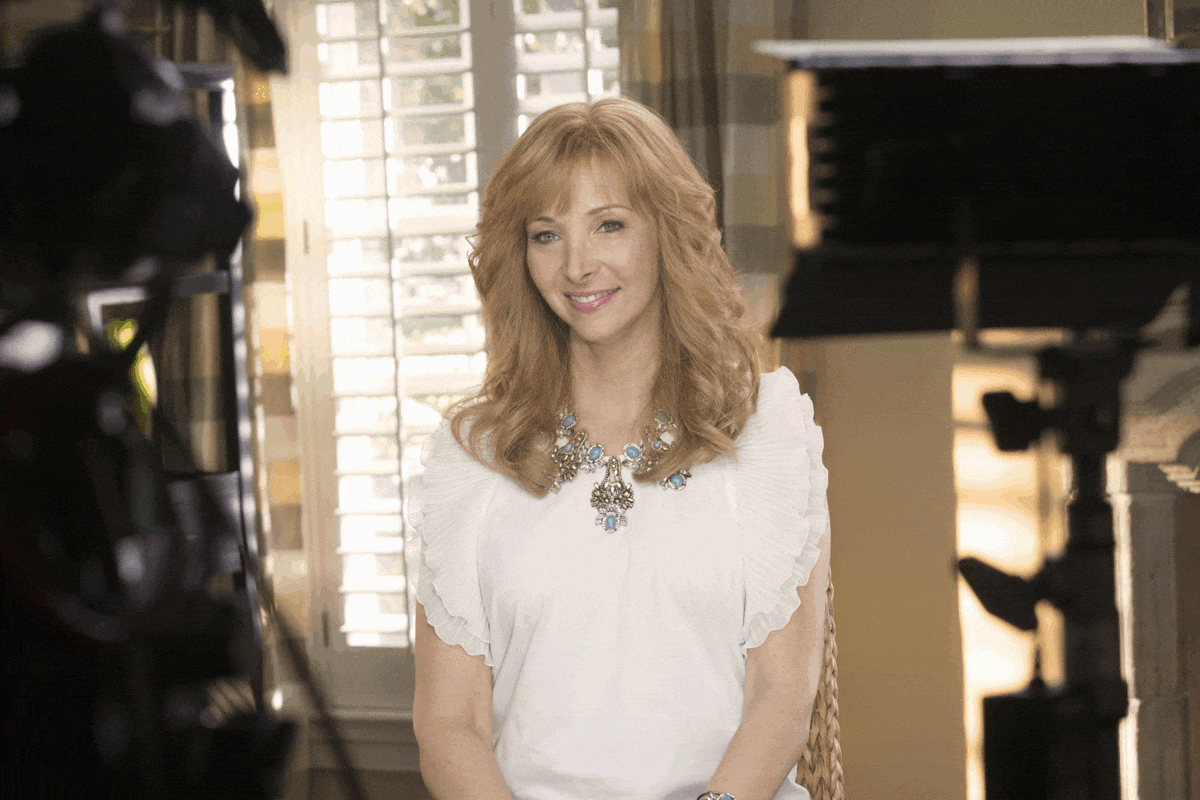TV REVIEW : Repairing the Safety Net for Marginal Kids
- Share via
“One Plus One,” airing tonight at 8 on Channels 28, 15, 24 and 58, and at 10 on Channel 50, is a story about four works in progress--the works in this case being four youngsters who are part of a nationwide mentoring program for schoolchildren.
Targeting “marginal” kids who can easily fall through society’s safety nets, the mentoring program, usually sponsored by large corporations in their home cities, starts from the simple premise that you may not be able to change the world, but you can make a difference in the future of at least one child.
At the beginning, “One Plus One” looks like a public-relations promo for the mentoring program. Hosted by Noriyuki (Pat) Morita, the wise teacher in the “Karate Kid” movies, we get hit with Morita’s personal tales of how he was helped by this or that mentor at different stages of his life, interspersed with such homilies as “If we want them (the children) to achieve, then we must link them with achievers.” Little proof is offered to back up the contention that the mentoring program is a success--a premise that is at the heart of the show.
Then, “One Plus One” makes an about-face. The sales pitch evaporates, replaced by a straightforward look at the realities of mentoring. We see the pressures that may spell doom for 16-year-old Mary, despite the determined help of her mentor, 31-year-old Bonnie Long, a punch-press operator. Long knows first-hand the problems of being an unskilled laborer, but persuading Mary to stay in school is difficult. The issue remains up in the air--Mary seems very likely to leave school and go to work.
We see Anna, working full-time at 17 and going to school, partnered with IRS supervisor Lucy Trujillo in Denver. Despite their close relationship, Anna still cuts classes and seems unable to focus on realistic goals for herself.
The other two segments are more positive, showcasing an 11-year-old Cambodian refugee who is beginning to flourish with the help of his mentor, and a seemingly tireless newspaperman who, in addition to his demanding job, runs a high-school journalism workshop for minority students as well as mentoring a freshman at Howard University. They make a strong case for the value of mentoring.
More to Read
The complete guide to home viewing
Get Screen Gab for everything about the TV shows and streaming movies everyone’s talking about.
You may occasionally receive promotional content from the Los Angeles Times.






